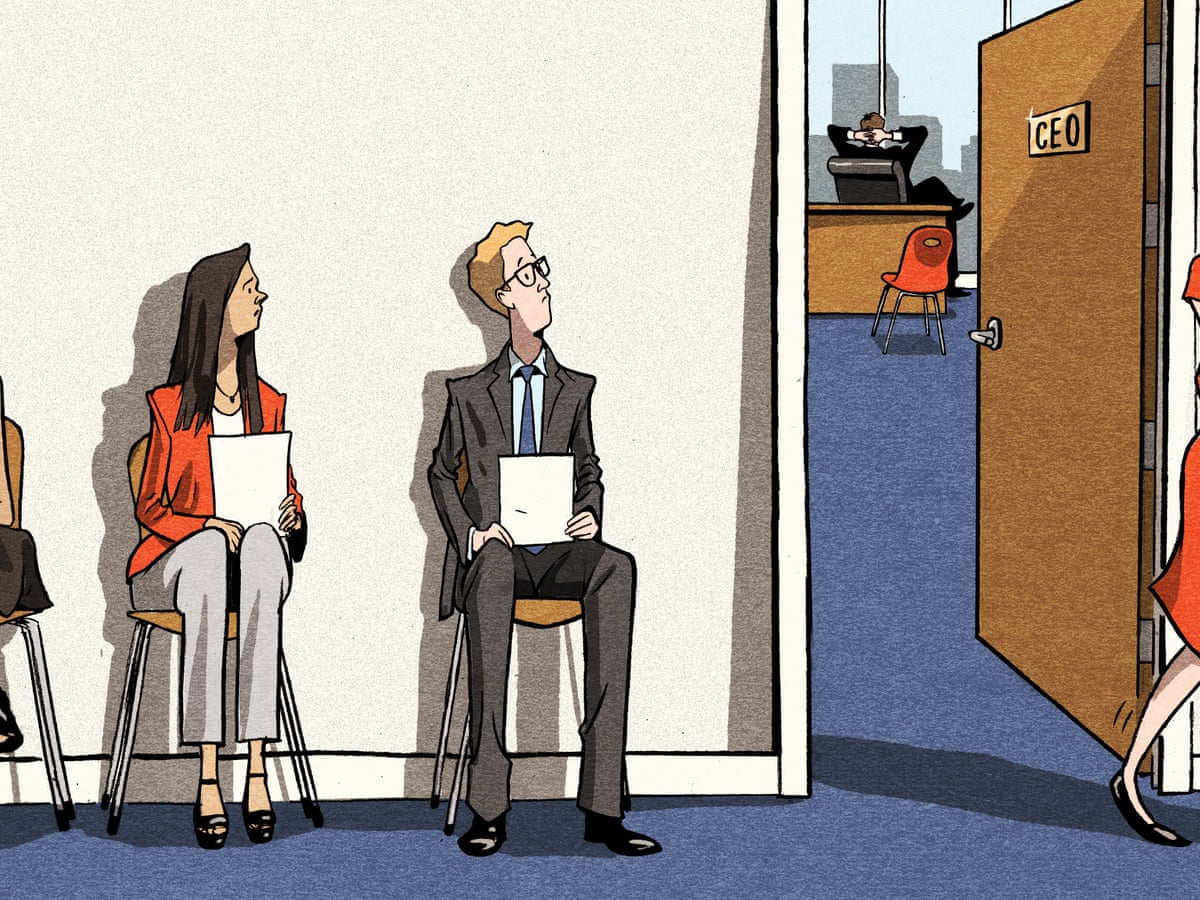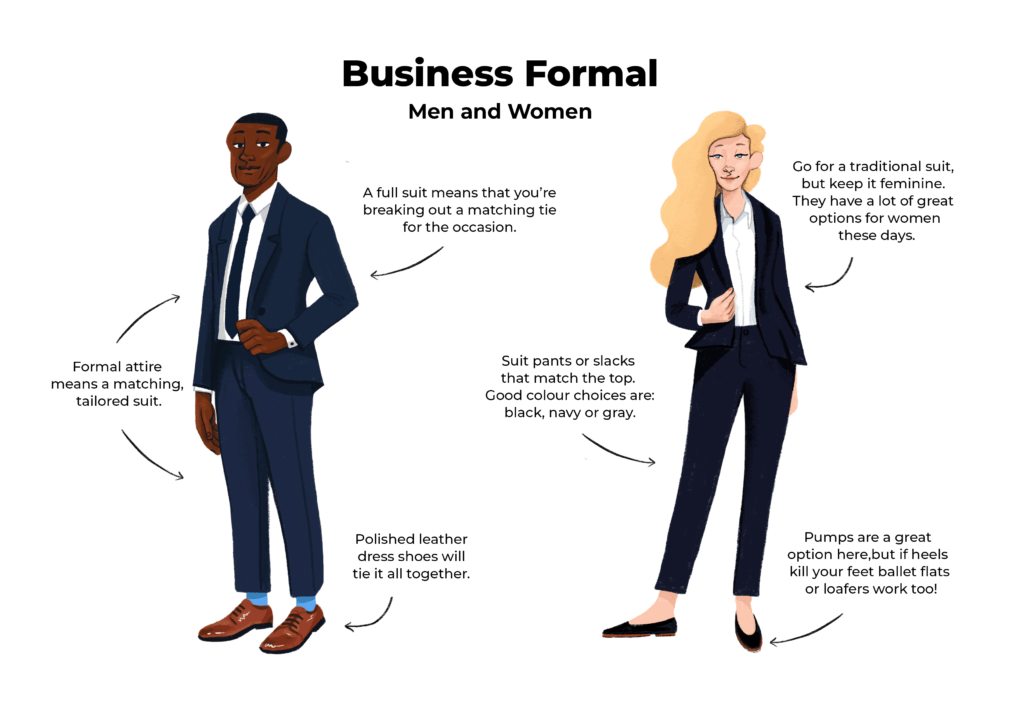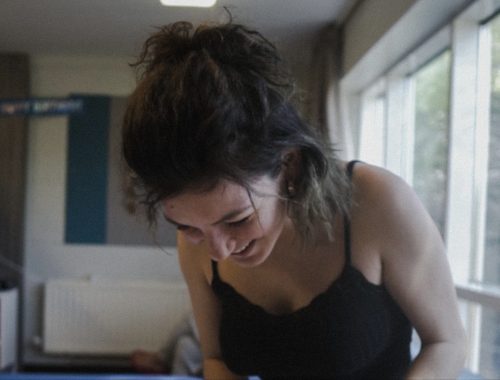Facing the Fear of Interviewing

Interviews can be the most important part of getting a job and because of this, it is often the most stressful. Employers being able to meet directly with potential candidates for job openings can incite fear and dread in the interviewee which can get in the way of a successful interview. Fortunately, this is where simulated interviews come in handy in making these meetings feel far less daunting. The career expert Alison Doyle wrote in one of her articles on ‘The Balanced Careers’ that, “A mock interview, also known as a practice interview, is a simulation of an actual job interview. It provides job seekers with an opportunity to practice for an interview and receive feedback on their interviewing skills”.[2] In this blog, I will assess how successful I was during the simulated interviews and what I have learned as an interviewee. To help with this, I will use the ‘Boud model of reflection’.

Experience
The job I had wished to interview for was an assistant rehearsal stage manager. In preparation of being an interviewee, I wrote down all my experience of being an ASM in past amateur productions and what skills these experiences have given me. This helped to provide an outline for what I should talk about during the interview. Leslie Rae describes the goal of the interviewee in her book, ‘The Skills of Interviewing’. She states that the interviewee must, “ensure that his skills, attitudes and knowledge are presented in the most effective way”.[4] Although I did prepare for the interview beforehand, the notes I had made were possibly not as helpful as they could have been. They contained a lot of information but much of it was not useful for the interview. As well as this, I did not mention any of my recent work experience to my interviewers, as I neglected to write it down in my notes.
In addition to making notes about my qualifications, I readied answers to questions I thought were likely to come up and attempted to learn them off. I wanted to think carefully about each question and answer it as best I could. Rae states in her book, “The interviewee should also try to assess what will happen during the interview, what questions will be asked, what answers should/will be given”.[5] For some questions during the interview, I had an answer ready, such as ‘What are your strengths and weaknesses?’. When preparing an answer for this question I made sure not to be too humble and made my accomplishments known. However, for others, I found that I had not prepared my answers well and that they did not fully address what I had been asked.
As I have not had much experience in interviewing, I was not feeling particularly optimistic for the event. Despite this, I attempted to behave calmly and with confidence. The website ‘Indeed’ believes that confidence is important, claiming in one of their articles that, “Confidence is the act of trusting yourself. During a job interview, showing that you trust yourself is critical because it can lead your interviewer to trust in you, as well”.[6] At first I thought I responded confidently to the interviewers’ questions. I was able to slow down my speech and speak concisely. However, when asked more difficult questions, my levelheadedness began to fade and I felt like I was babbling my words.

Reflection
Although there are many things I will have to improve upon for me to be ready for real interviewing, I have attempted to look past what I can improve and focus on what I have done well. In the feedback I was given from my peers, they seemed to agree with my own criticisms, such as my answers not having enough detail and containing too many fillers. However, they also stated that I was concise in my responses and that I was good at linking my previous experiences to what I was asked. Their feedback has helped me see the positive aspects of my answers.
Additionally, after reassessing the experience, I have found that I was possibly more effective at presentation rather than how I answered the interviewers’ questions. On the day of the interview, I attempted to dress formally in a blue suit with brown brogues and my mannerisms were polite and friendly. Alison Doyle from the website ‘The Balance Careers‘ believes that the right attire is integral for an interview, stating that “It can be awkward if you show up at a job interview overdressed—or under dressed. Always dress appropriately for an interview, so you make the best first impression”.[8] I believe that through a combination of what I wore and my polite personality I may have been able to achieve a good first impression. In the feedback I was given from my peers afterwards, I received much praise on my attire, one in particular stating that I dressed well and had polite body language.

Outcomes
Now that I have looked at my experience more positively, I feel more prepared for future interviews. Although I may still be anxious about participating in them, I believe I am on the road to overcoming my trepidation. While there are definitely things that I can do better, the simulated interviews have helped me to recognise what they are and how I can address them.
In order for me to improve, I plan on making several changes to my interviewing preparations. For starters, I think writing more detailed, yet condensed notes would be a helpful improvement. This would allow me to provide informative, well-constructed answers and ensure that I mention everything I need to that is relevant to the interview. Similarly, I plan to prepare specific questions for future interviews that I think will be likely to come up. To do so, I will assess what exactly each question is asking of me so that I can answer them fully in the interview. Hopefully by being better prepared, I will gain more confidence in my ability, allowing me to speak calmly without rambling.
Additionally, as I believe my presentation was effective, it has allowed me to see the importance of proper interview attire and how it affects the interviewers first impressions. This can be improved further by taking into account the exact clothing required for potential interviews in the future, in order to make the best first impression.
As simulated interviews can essentially be used as a test run for the real thing, it can make them a very useful tool. I now feel more prepared and have a good idea of what I should do to improve my interviewing skills.
Word Count: 1097
References:
[1] Gaby Hinsliff, ‘‘Stress interviews’: another way to make millennials’ lives hell’, in The Guardian, <https://www.theguardian.com/commentisfree/2019/jan/31/stress-interviews-olivia-bland-recruitment> [accessed 20 February 2022].
[2] Alison Doyle, ‘What is a mock interview?’, in The Balance Careers, <https://www.thebalancecareers.com/how-to-use-mock-interviews-to-practice-interviewing-2061626> [accessed 18 February 2022].
[3] Bethanie Robertson, ‘Return to Social Work: Learning Materials SLIDE PACK’, in ‘Slide Player‘ https://slideplayer.com/slide/8876182/ [accessed 20 February 2022]
[4] Leslie Rae, The Skills of Interviewing: A Guide for Managers and Trainers (Farnham: Ashgate Publishing, 1995), p. 121.
[5] Rae, p. 121.
[6] Indeed Editorial Team, ‘How To Appear Confident in an Interview’, in Indeed, <https://www.indeed.com/career-advice/interviewing/appear-confident-in-an-interview> [accessed 18 February 2022].
[7]Alison Doyle, ‘How to Make a Good Impression at a Job Interview’, in The Balance Careers, <https://www.thebalancecareers.com/best-impression-at-an-interview-2060572> [accessed 18 February 2022].
[8] Alison Doyle, ‘The Worst Job Interview Answers And Tips for Saying the Right Thing Instead’, in The Balance Careers, <https://www.thebalancecareers.com/worst-interview-answers-2061232> [accessed 18 February 2022].
[9]Lily & Austin Belcak, ‘What to wear to an interview [17+ examples for women & men]’ , in Cultivated Culture, <https://cultivatedculture.com/what-to-wear-to-an-interview/> [accessed 20 February 2022].
Bibliography
Belcak, Lily, Austin, ‘What to wear to an interview [17+ examples for women & men]’ , in Cultivated Culture, <https://cultivatedculture.com/what-to-wear-to-an-interview/> [accessed 20 February 2022].
Doyle, Alison, ‘What is a mock interview?’, in The Balance Careers, <https://www.thebalancecareers.com/how-to-use-mock-interviews-to-practice-interviewing-2061626> [accessed 18 February 2022].
Doyle, Alison, ‘How to Make a Good Impression at a Job Interview’, in The Balance Careers, <https://www.thebalancecareers.com/best-impression-at-an-interview-2060572> [accessed 18 February 2022].
Doyle, Alison, ‘The Worst Job Interview Answers And Tips for Saying the Right Thing Instead’, in The Balance Careers, <https://www.thebalancecareers.com/worst-interview-answers-2061232> [accessed 18 February 2022].
Hinsliff, Gaby, ‘‘Stress interviews’: another way to make millennials’ lives hell’, in The Guardian, <https://www.theguardian.com/commentisfree/2019/jan/31/stress-interviews-olivia-bland-recruitment> [accessed 20 February 2022].
Indeed Editorial Team, ‘How To Appear Confident in an Interview’, in Indeed, <https://www.indeed.com/career-advice/interviewing/appear-confident-in-an-interview> [accessed 18 February 2022].
Rae, Leslie, The Skills of Interviewing: A Guide for Managers and Trainers (Farnham: Ashgate Publishing, 1995), p. 121.
Robertson, Bethanie, ‘Return to Social Work: Learning Materials SLIDE PACK’, in ‘Slide Player‘ https://slideplayer.com/slide/8876182/ [accessed 20 February 2022]
A Stimulating Simulation
You May Also Like

Surprisingly Worthwhile
18 February 2022
So You Want To Be A Teacher?
17 February 2022
